Anyone’s Child Lobby of Parliament 2023, held on the 27th of June, was an annual event that advocates for a paradigm shift in current drug legislation. The people attending a new government approach that focuses on safety and harm reduction rather than criminalisation posed by the judicial system that is currently mostly used. The underlying belief is that with relevant information and actions towards safe substance use, the number of drug-related deaths can be significantly reduced.
My participation in this event was suggested by my supervisor, Dr Neil Carrier, as part of my master’s dissertation research in Anthropology at the University of Bristol. The primary focus of my research is examining the impact of Harm Reduction organisations on current illegal drug laws. My academic exploration of the War on Drugs began in early 2020 during my undergraduate studies in International Relations. Over the course of two years, I investigated drug laws and the drug market, particularly its presence on the Dark Web. Through these research endeavours, I developed a more nuanced and critical perspective, moving beyond the simplistic societal notion that “using drugs equals crime.”
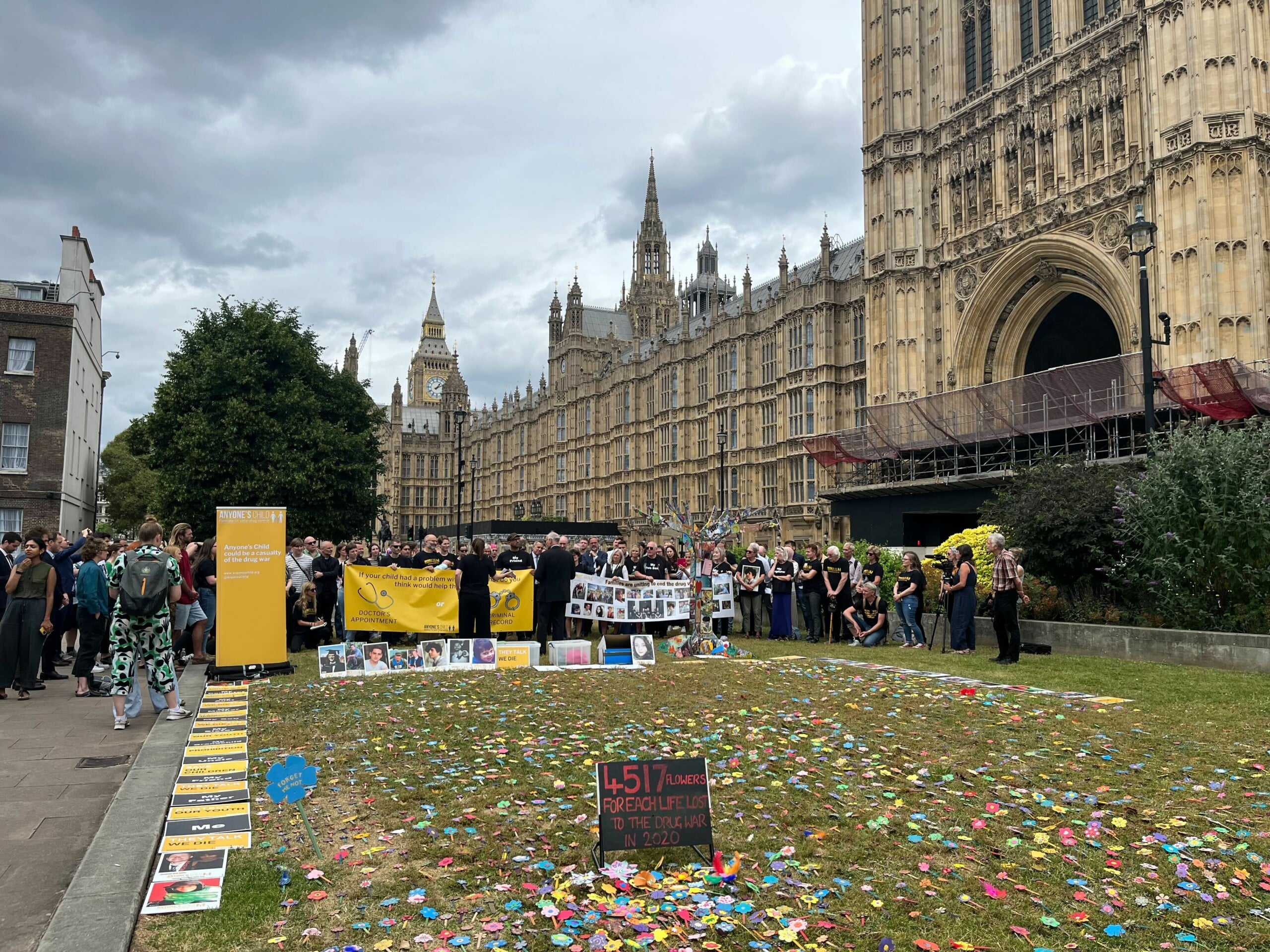
I have been increasingly curious about how the criminalisation of drugs has served to marginalise certain groups of people based on ideologies and prejudices [1]. As a result, I also became deeply intrigued by the lack of scientific evidence justifying the criminalisation and militarisation of drug markets and consumption [2]. The current global anti-drug policies, established in the 1970s by US President Richard Nixon, have not significantly transformed the landscape of drug commerce as initially anticipated. Instead, they have fostered a sense of insecurity and inadvertently strengthened organised crime networks worldwide. Consequently, I firmly believe that it is of extreme importance to engage in a broader discussion on alternative approaches to this complex issue.
During the lobby, hope was the prevailing collective sentiment that had been echoed throughout the day. In the book Anthropology of the Future (2019), Rebecca Bryant and Daniel M. Knight assert that hope is allocated in everyday moments, anticipating and “[…] cementing belief in future’s capacity to become future.” (p.137). Explaining Immanuel Kant’s perception of progress, in the article In Defense of Blinders: On Kant, Political Hope, and the Need for Practical Belief, Loren Goldman (2012) also concludes that hope is not passive, as discussed by other academics but rather, active, conducting efforts towards a better world.
The book The Face of Social Suffering (2008), a life-story ethnography by Merrill Singer, shares with us the story of Tony (pseudonym), a man who was introduced to drug trafficking and to the habit of using heroin by his uncle and his father during his early teen years. Tony’s life was marked by a disrupted family structure, a lack of school education and a practice in legal work, and no health support for his drug use. The character attitudes were based on what he learned, therefore, they were valued and expected in his surroundings. After years of relapsing into his old habits, Tony never gave up to fight for what he called a “normal life”, away from drugs, gangs, and crimes. Tony still had hope of being someone different.
Singer explains that Tony’s story represents many others who are trapped in the narrative written by the “War on Drugs” to negatively stigmatise drug use and drug users. Singer also adds that, by sharing this story, “[…] allows for recognising the need to work for a world in which people like Tony matter and for a society that resists the narrowing options and the limiting of personal development based on class, race, gender, sexual orientation, or any of the various other divides that currently structure social life, experience, and opportunity.” (p. 155).
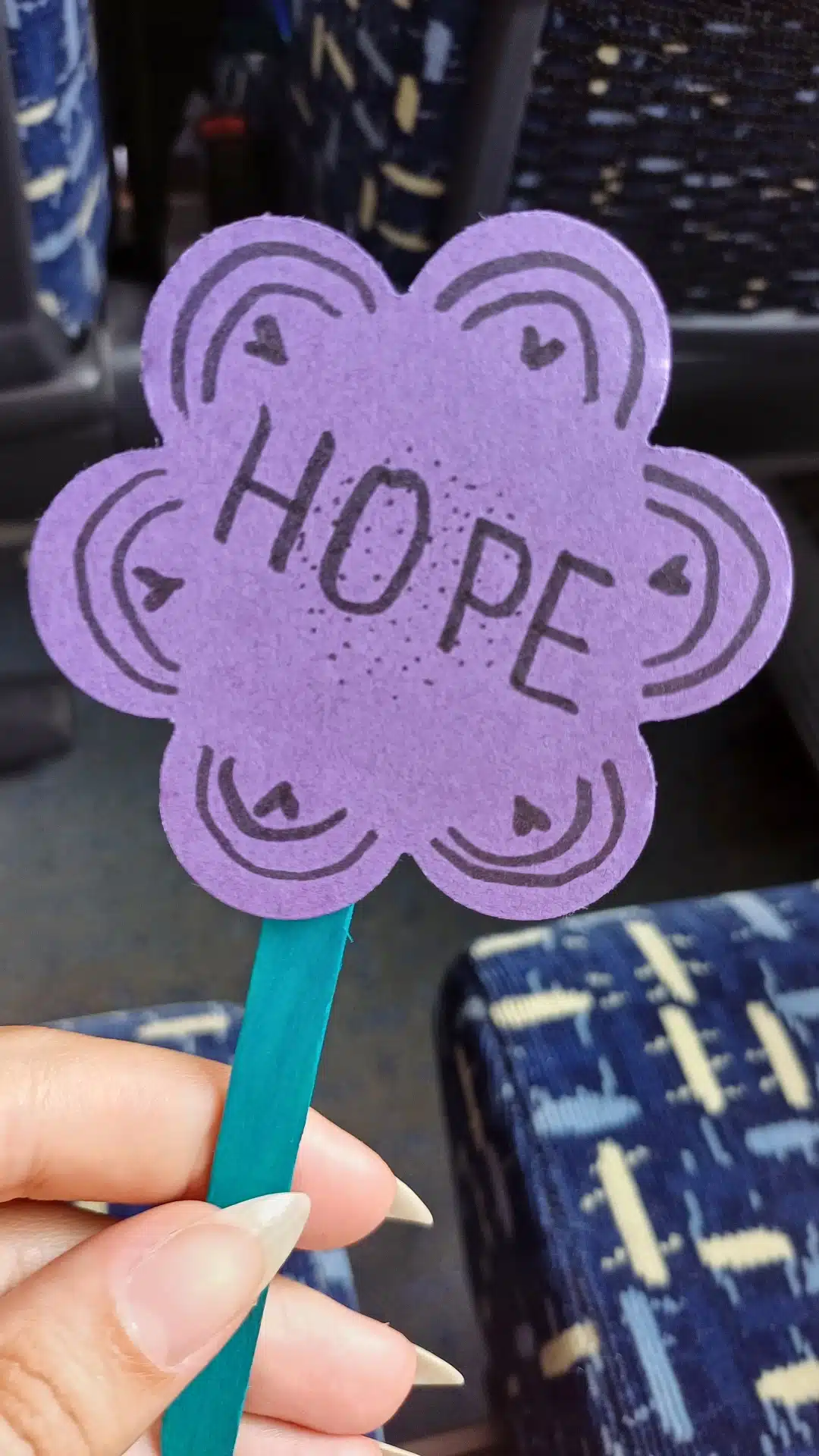
While the negative individual experience with human problems caused by the social milieu and the structure – named social suffering by anthropologists – highlights the struggles and hardships individuals face, hope underscores the importance of a transformative force that enables individuals to envision and strive for a better future and a just world.
This participant observation showed me that through hope, an effort is made to get the harm reduction discourse out there. I was glad to see many people – individuals – from different backgrounds – social milieus – fighting for their history and everyone else’s future against the failed policies we have – structure. As stated by the journalist Johann Hari in his book Chasing the Scream: The Search for the Truth about Addiction (2018), every country can walk the path of decriminalisation – and I add here, any health-related policy – if each one of us does our part, creating connections with those who side with us.
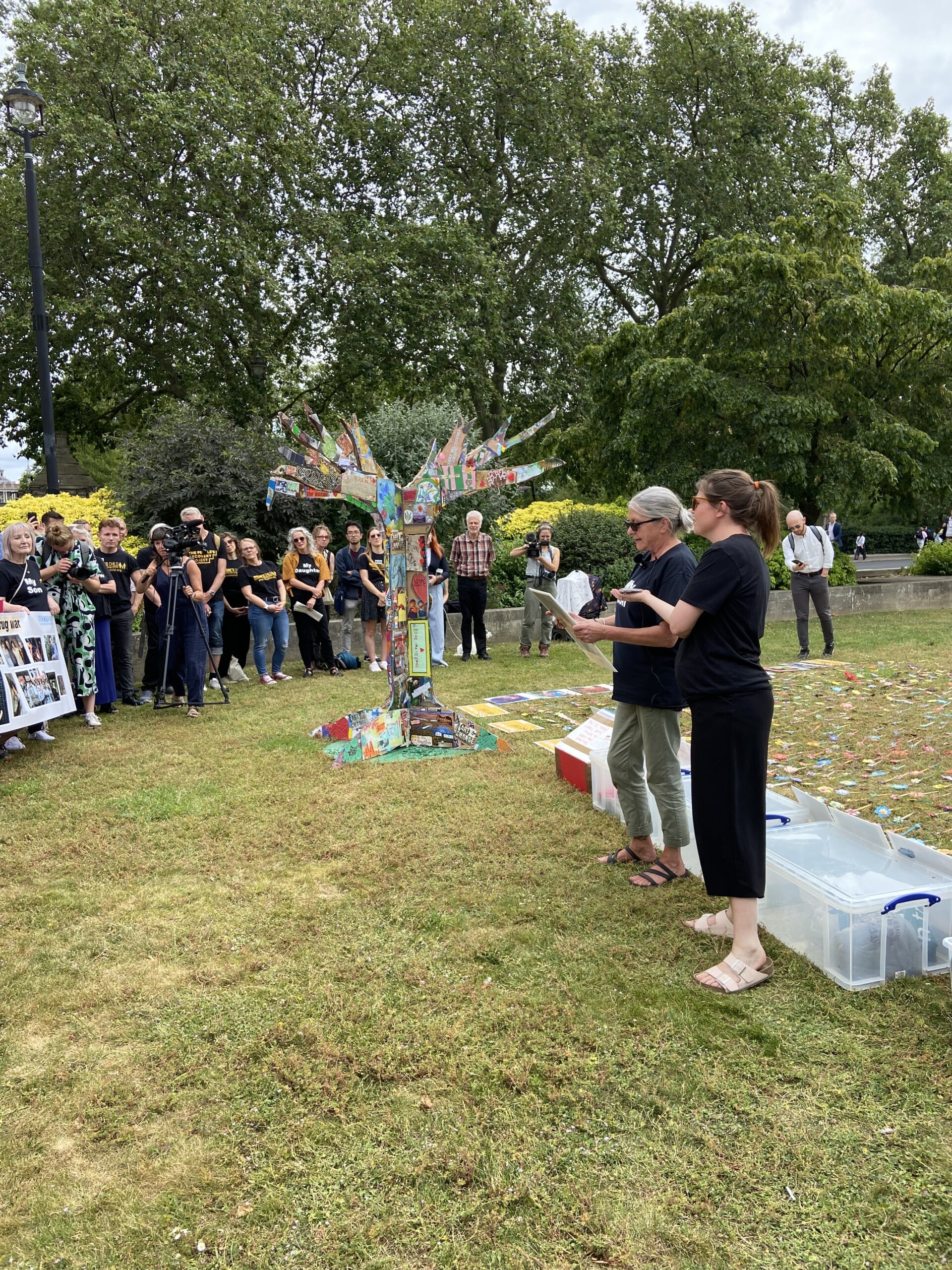
Participating in this event and listening to every story shared gave me hope for change.
*This blog post was written by Rafaela Carvalho
1. “The war on drugs is built on racism. It’s time to decolonise drug policies” (Ann Fordham, 2020). Available at: https://idpc.net/blog/2020/06/the-war-on-drugs-is-built-on-racism-it-s-time-to-decolonise-drug-policies
2. “High Price: Drugs, Neuroscience, and Discovering Myself” (Carl Hart, 2013).
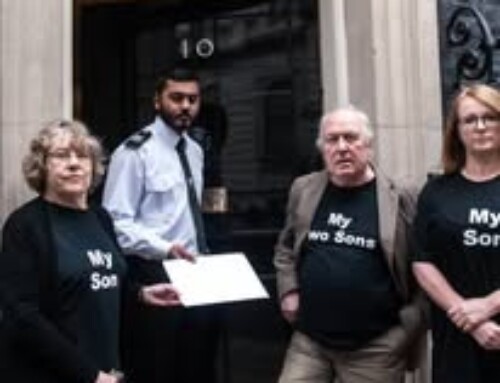
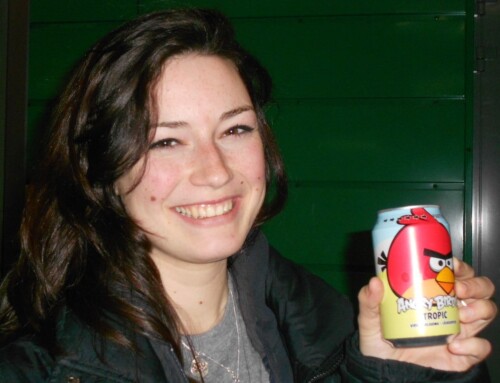
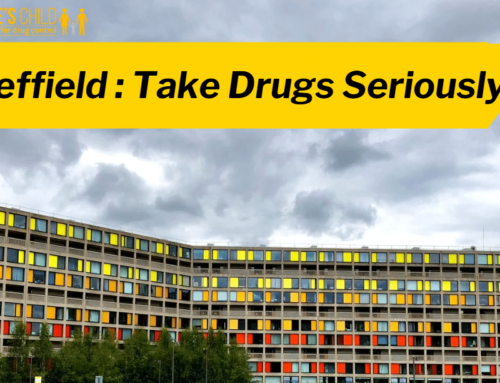
Leave A Comment